MOVIE INTERVIEW – theGeek: In Halfway Home, you ultimately played a corpse. How “awful” was that for you?
Rujder Vivienn: I didn’t find it horrible at all. When I read the book, it filled me with great excitement and anticipation as to how such a character could be played. We immediately let it go that I am not playing a classic corpse who does not say anything, but a corpse placed in a completely different context.
theGeek: By the way, if it comes down to it, would you also play a classic corpse like Daniel Radcliffe in Swiss Army Man?
R.V.: If the material is interesting, of course.
tG: What is it about this film and character that captured my attention?
R.V.: The many physical presences, which also took a physical toll. Running, falling, hanging, all that stuff.
tG: But what is it about Ági’s character that first caught your eye? What is it that you felt you smuggled into it that is “your work”?
R.V.: My work? Actually, there is no such thing, it was also good at the casting that the Isti said “this is you”. I feel just as cheerful, I probably don’t want to be stuck in the morgue either and I want to come back to life somehow. We are very similar to the character with our “clowniness”. For Isti, this was also the point, to find an actor similar in character and radiance to this character. Peti (Péter Bárnai) is also at the forefront of this type of acting, he likes to stumble, the glass falls out of his hand, little things like that. There was no need to play on them. I didn’t have to pinch myself to play this.
tG: Do you have a favorite film genre? If there is one?
R.V.: I don’t really have a favorite genre, I’m glad that I could try myself in as many as possible. I don’t have a particular favorite. I am attached to people, crew members, directors. If a production is already running and I know who is in it or who the creators are, then I am very happy to go there.
tG: What do you think about the fact that the romantic film comedy is so successful in our country? Or do you even feel that this is the case?
R.V.: I don’t really feel that. At home, everything depends on how promoted and advertised it is, how many people it reaches so that they go to the cinema. So, for example, I don’t think you need to beg anyone for an Avatar. A Halfway Home, however, has a much harder time getting it up and running. Public films always attract more people, families, in Hungarian you can bring children to it, you can also sit in with friends, it’s easier to find your audience. Back to your question, I don’t know why. Maybe we like to laugh more or have a greater need for it.
tG: When you prepare for a role, do you watch other films of a similar genre?
R.V.: There have been examples of this, but this did not happen in the case of the Halfway Home. Because of Hunyadi, however, I watched a lot of medieval series to know what to expect or what to imagine the shooting to be like.
tG: By the way, do you have any special method for preparation?
R.V.: It also depends on the role: in the case of the Átrárőház, I used to exercise and run a lot to get in shape.
tG: I don’t think you went to the morgue?
R.V.: Not there, no. (Name)
tG: Sorry, thinking about it, this question was a bit morbid, but we were thinking more about method acting, when the actors completely “transcend” and, for example, for the role of a drug addict, they go to a drug community and talk to people there. Of course, this is not an expectation at all, my question is just how interesting do you think this acting is, or worth following?
R.V.: I think method acting is very good, but not for every role. Consider Heath Ledger, for example. How nice it would be if he was still in front of the camera and didn’t overdo the drugs.
tG: Do you think that’s why he died?
R.V.: Of course!
tG: He couldn’t really sleep, that was the main problem, wasn’t it?
R.V.: Because he went crazy in the role.
tG: Are you thinking about the role of Joker?
RV: Yes. That’s how I read it, and I can still imagine it happening. We also have periods, either in the theater or in the film, when the role “involves” us a degree more than it should. Thank God, actors are paying more attention to protecting their mental health these days. To put down the role when it comes to living a civilian life as well, because the opposite can be very harmful. It also depends on the personality of who is able to quit, who tries different drugs to know what addiction feels like, but then they no longer need the drug. But there are those who can click on it. I think we are actors to be able to play certain roles, but not to fall over to the other side of the horse. I don’t kill to kill, if I play a killer, I don’t try out how it feels. So overall it’s multifactorial. There are places where method acting is applicable and there are places where it is not.
tG: So it is also unthinkable for you to stay too involved in a role?
R.V.: No, I pay close attention to that. I need to know that I’m not just that role.
tG: Do you have any special method for this?
R.V.: It’s different everywhere. For example, in the theater I talk mantras to myself when there is a more serious role. There is a serious role, for example, in which I kill myself or my mother has to be killed. This is mentally crushing, a real killer role. Afterwards, in the dressing room, when I wash my face, I remove everything that reminds me of the role, quickly take off the costume, makeup, etc. I drink a glass of water, I look in the mirror, and then I say to myself, “Okay, I’m here, it’s over, it’s just a role, it was a performance, here and now I’m me.” You really have to use your body, your brain, and your soul as if everything in the play is happening to you, because that’s how you sell it to the viewer, that’s how you create a lasting experience for them. But you have to do this to yourself in the meantime, that which hurts a little. And this is my method, but of course, it’s different for everyone.
tG: Is there a classic dream role for you that you would like to play?
R.V.: No, I put it down. I’m like, what if that role never comes, then let this trauma remain for me as long as I live, that I wanted to play this role, but I never did? I prefer small steps. I really wanted a production where I had to move a lot and use my physicality – this was achieved with the Halfway Home. Then, because I love horses, I like to ride, I wanted to stand in front of the camera with a horse – and I succeeded with Hunyadi. So I prefer to invent such small ones for myself, but I don’t have role dreams, because otherwise I would be too distracted and not focus on the main thing if I paid attention to what I didn’t play. This is how they spin past you, because our lives go by so fast, don’t they?
Interview by ROD and BadSector

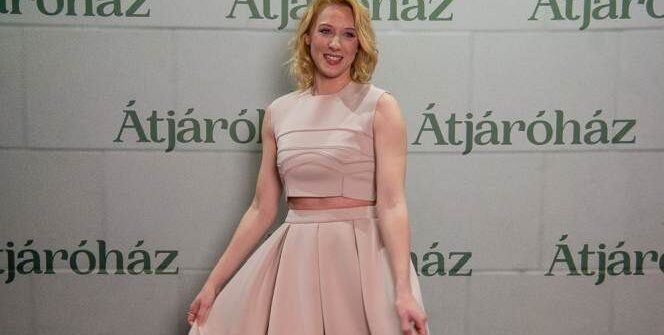
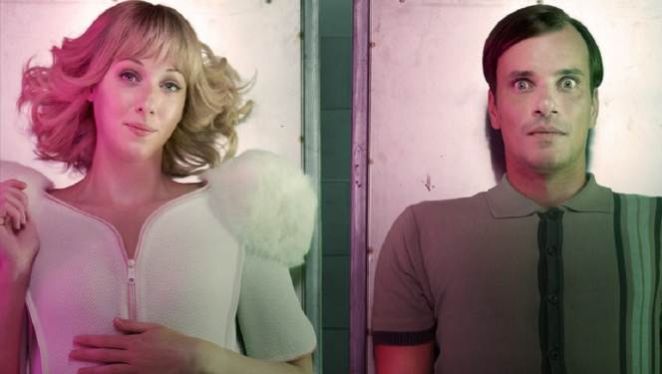
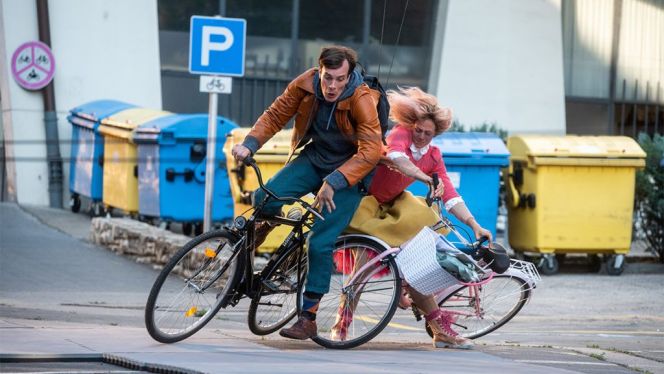
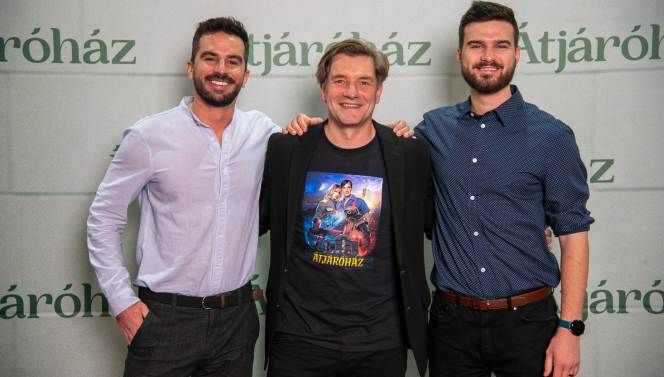






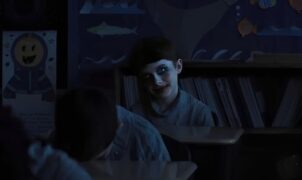



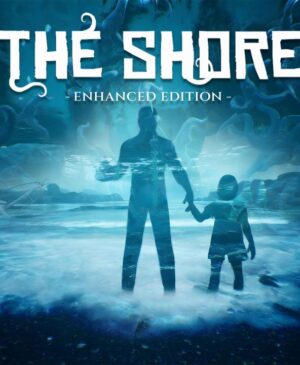



Leave a Reply